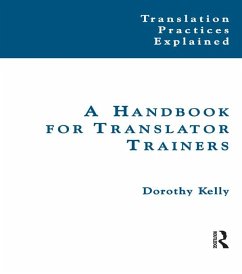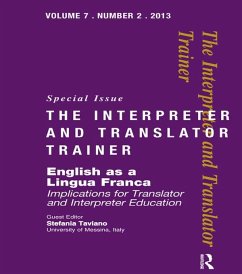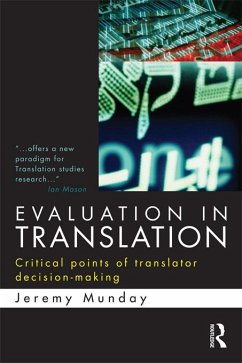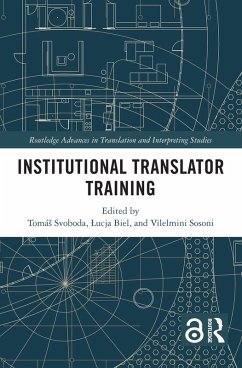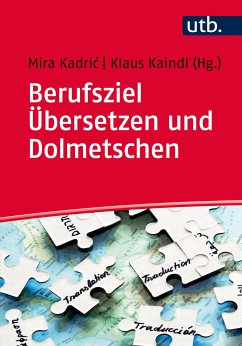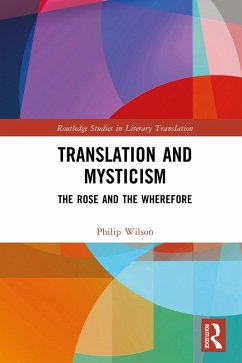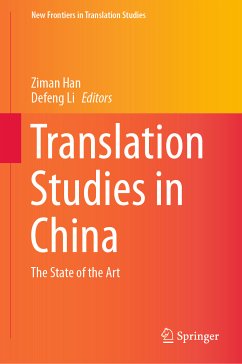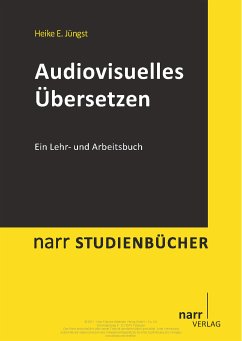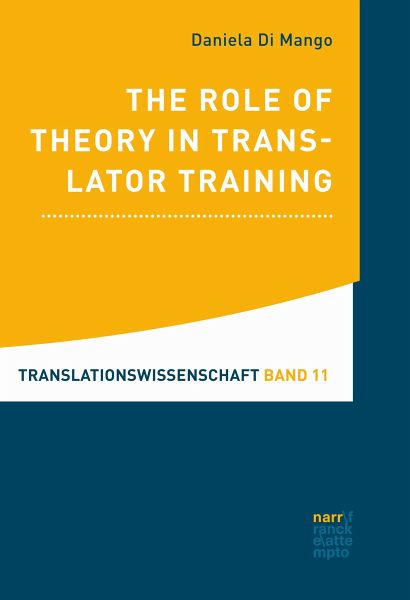
The Role of Theory in Translator Training (eBook, PDF)
Versandkostenfrei!
Sofort per Download lieferbar
Statt: 88,00 €**
70,40 €
inkl. MwSt. und vom Verlag festgesetzt.
**Preis der gedruckten Ausgabe (Broschiertes Buch)
Alle Infos zum eBook verschenkenWeitere Ausgaben:

PAYBACK Punkte
0 °P sammeln!
Translation study programs have always been torn between the expectations placed on them to provide students with a comprehensive education at an academic level but at the same time to prepare them for the demands of the professional translation market. There is, furthermore, an ongoing debate about a supposed gap between translation theory and practice. Several, often opposing claims have been put forward concerning the usefulness of theory to professionals and students and how and when to best implement theoretical courses in translation curricula. The aim of this book is to provide an overv...
Translation study programs have always been torn between the expectations placed on them to provide students with a comprehensive education at an academic level but at the same time to prepare them for the demands of the professional translation market. There is, furthermore, an ongoing debate about a supposed gap between translation theory and practice. Several, often opposing claims have been put forward concerning the usefulness of theory to professionals and students and how and when to best implement theoretical courses in translation curricula. The aim of this book is to provide an overview of the different opinions and expectations that have been put forward in the literature and to test some of these claims empirically on student subjects who have been trained with either a practical or a theoretical focus on translation. It thus gives insights into the role of both theoretical and practical aspects in translator training and the ways in which each of them can contribute to the development of translation competence.
Dieser Download kann aus rechtlichen Gründen nur mit Rechnungsadresse in A, B, BG, CY, CZ, D, DK, EW, E, FIN, F, GR, H, IRL, I, LT, L, LR, M, NL, PL, P, R, S, SLO, SK ausgeliefert werden.




